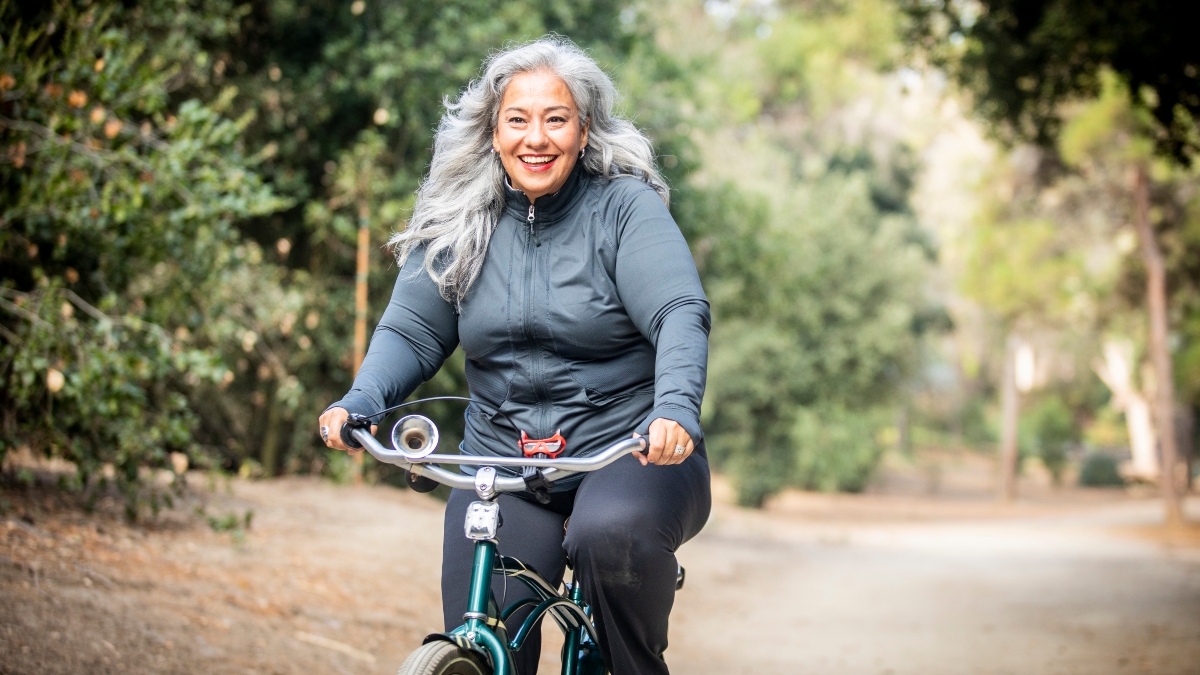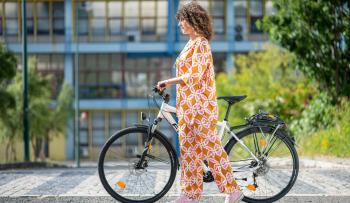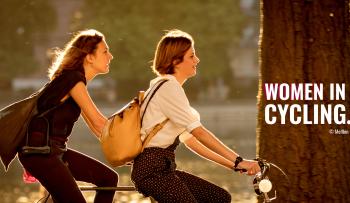
Closing the gender gap and cycling
On International Women’s Day we give attention to gender differences in active travel across the world. Women’s experience of moving across the city differs significantly from that of men, from the purpose of their journey to the distance travelled.
The gender gap in the use of active travel modes (walking, public transport and cycling) is still an understudied subject that has only recently started to gain attention from the world of academics and policy-makers. One of the few academic research on this subject examines how men and women access active travel in 19 cities, across 13 different countries, in five different continents (Africa, Asia, Australia, Europe, America).
Considering that gender inequalities vary across countries, it is likely that the gender gap in urban mobility also varies greatly across the world. High levels of gender inequality in urban societies often result in lower access to private vehicles for women, which increases their dependence on walking, cycling or public transport.
The study highlights:
- In all the cities, females are more likely than males to walk and, in most cities, more likely to use public transport. This relationship reverses in cycling, with females often less likely users than males. In high-cycling cities (particularly in Germany and Switzerland), both genders are equally likely to cycle.
- Some differences result from space–time constraints, such as childcare and household tasks that fall disproportionately on women, which relates to differences in employment levels. In some cities, this means they are confined at home. The study also shows that women are half as likely as men to cycle to work.
- Women are found to be more sensitive to traffic risk. Further, there are gender norms, cultural barriers and fear of sexual harassment and assault by men that deter women from using certain modes of transport or travel at certain times of the day. It is often while walking, cycling or using public transport when women feel most vulnerable during travel, thus making active travel for women a potential source of anxiety. Cycling can be seen as out of place and stigmatised in many low-income societies, therefore, women who already experience disadvantage in society are likely to avoid cycling all together (such as in Pakistan and India).
Overall, the study highlights the importance of a gendered approach towards active transport policies. Such an approach necessitates reducing road traffic danger and male violence, as well as overcoming social norms that restrict women from cycling. Talking about women cycling doesn’t only mean closing the gender gap in urban mobility, but much more broadly it allows to open a conversation on gender inequality in our societies.
At Velo-city 2023 Leipzig we will talk about gender equality in active urban mobility and discuss the barriers that prevent more women from cycling, you can find the full programme here. Our speakers will present practical solutions to address mobility disparities across the globe during two sessions (Women in Cycling and Gender equality: closing the gap) at the international cycling summit. Don’t miss the opportunity to be part of the transition towards a more equitable cycling future.
Velo-city is the world cycling summit, where advocates, cities, decision- and policy makers, researchers and industry leaders meet to shape the future of cycling. Taking place under the theme #LeadingTheTransition, Velo-city 2023 Leipzig will include a session on Gender equality: Closing the gap on Tuesday 9 May 2023. Register for Velo-city here!
Contact the author
Recent news!
Upcoming events
Contact Us
Avenue des Arts, 7-8
Postal address: Rue de la Charité, 22
1210 Brussels, Belgium









